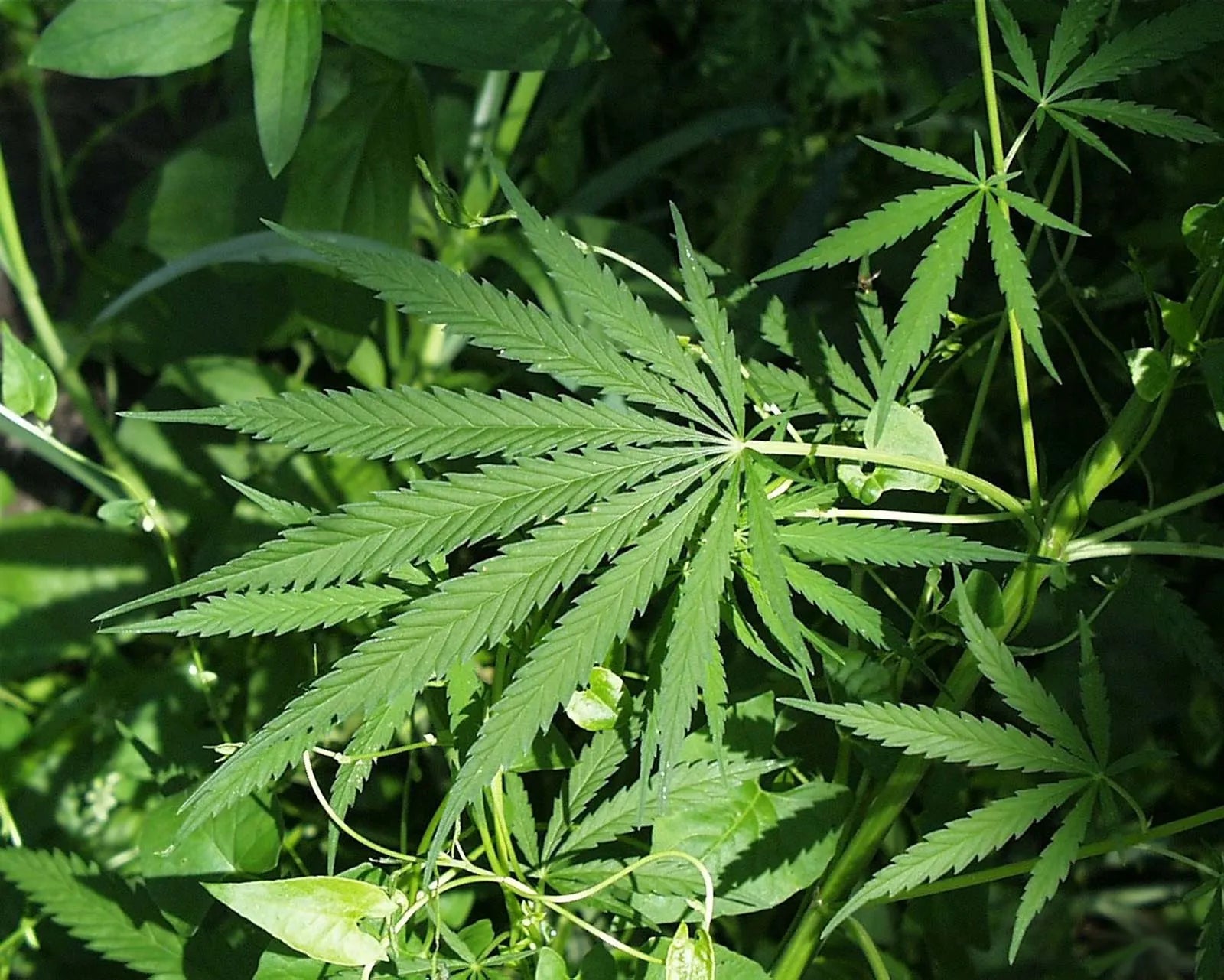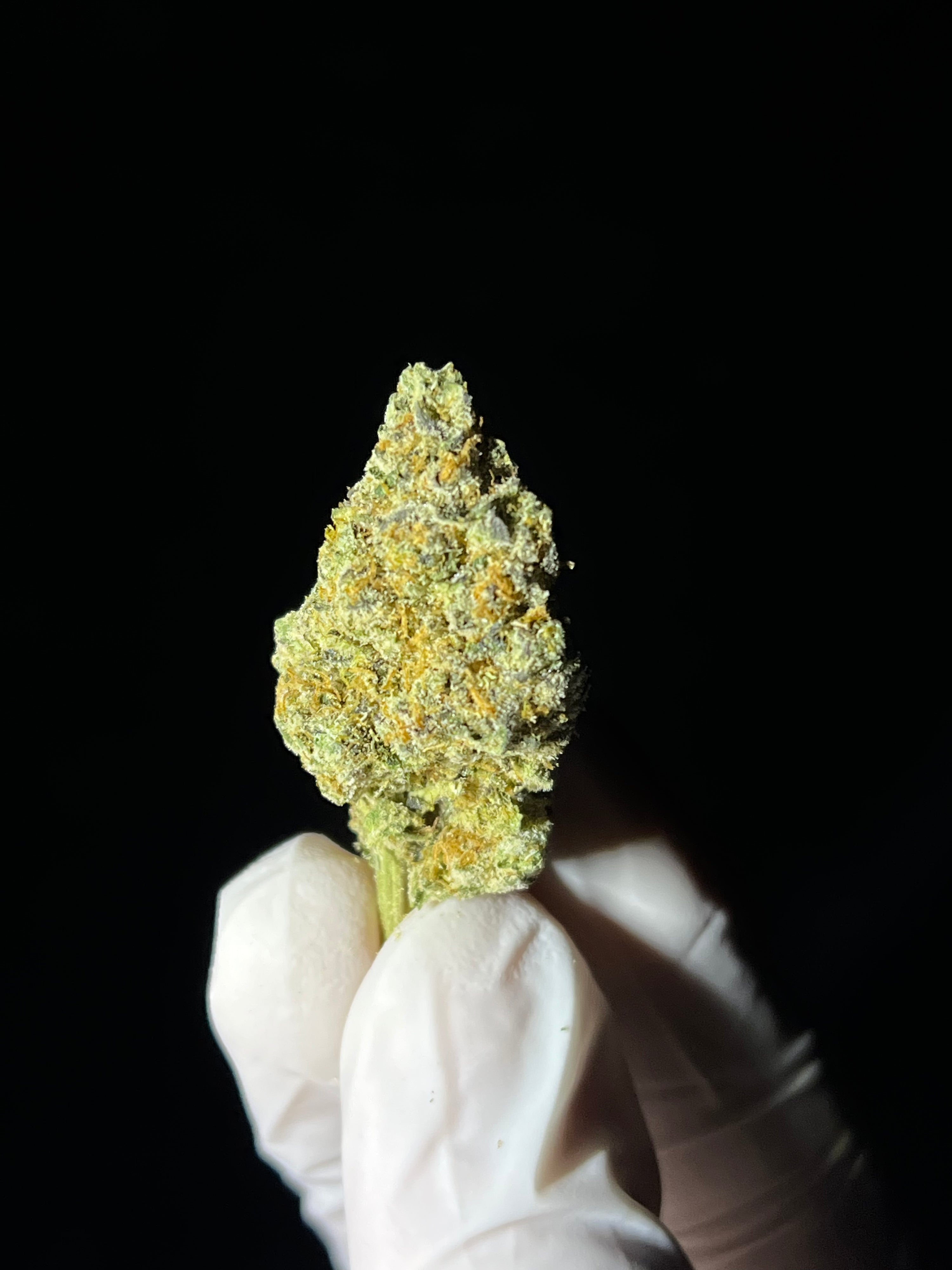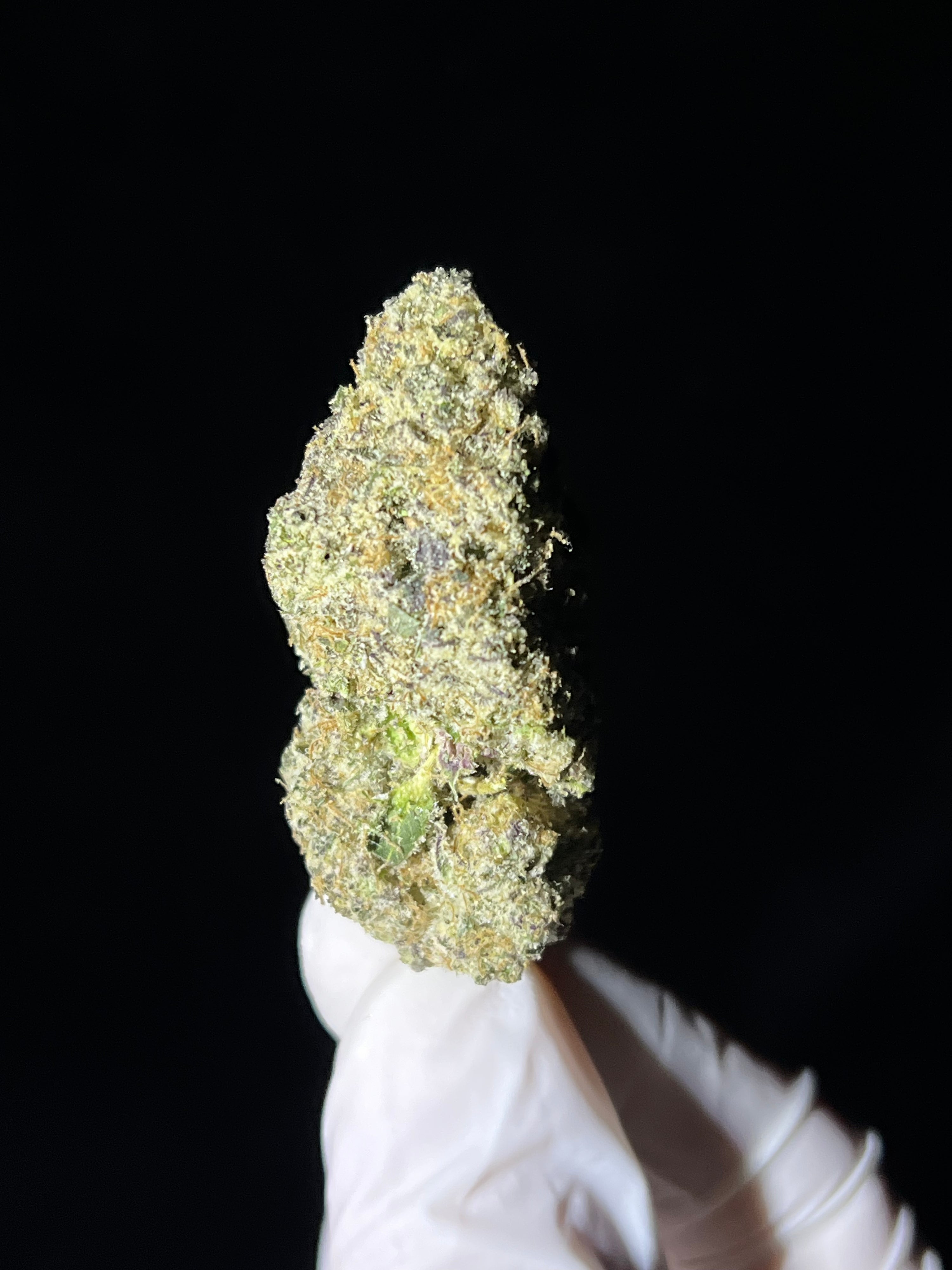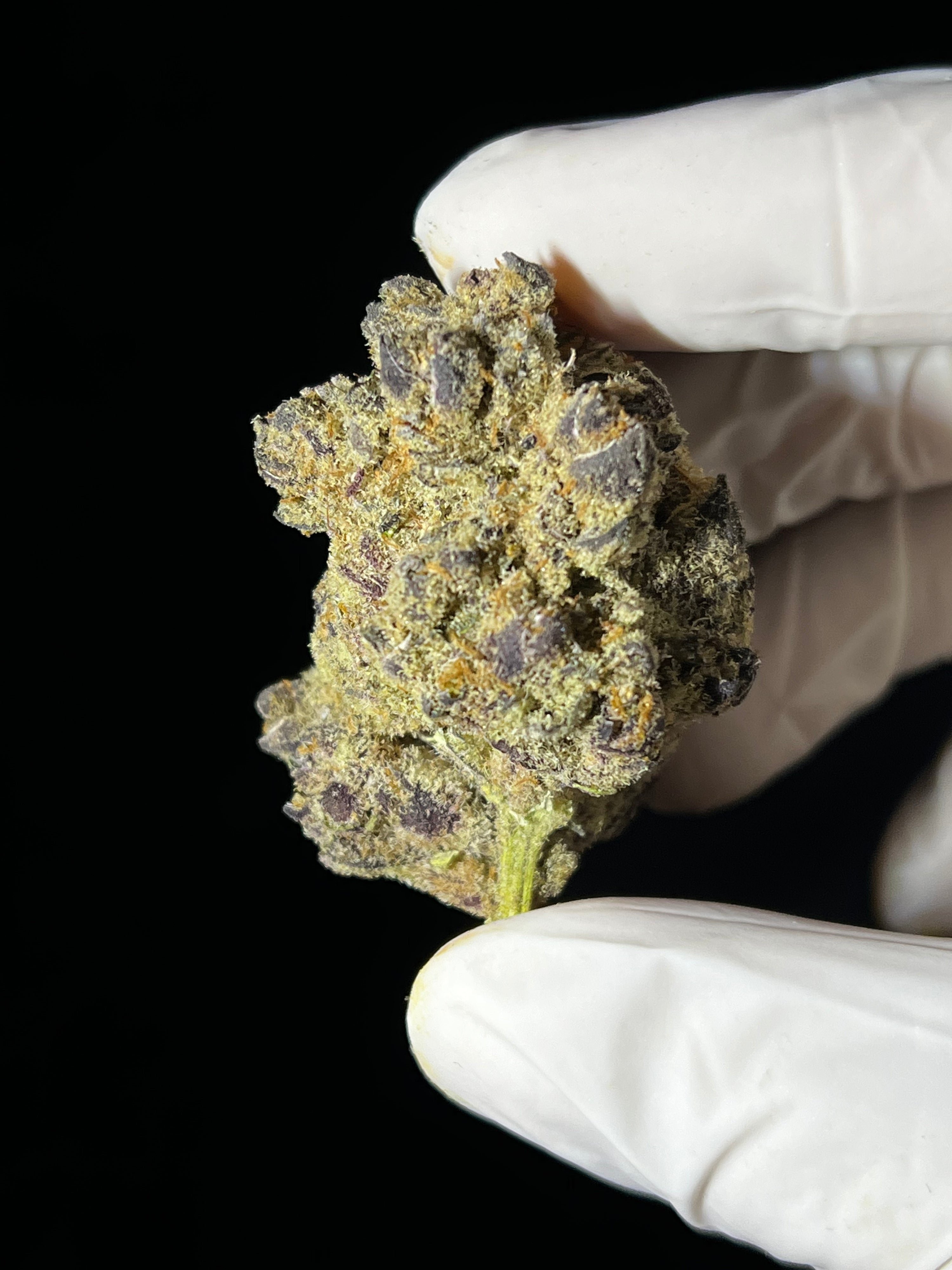

· By Zachary Taylor
The Rising Popularity of THCA: A Game-Changer in the Cannabis Industry
The world of cannabis is constantly evolving, with new compounds emerging and gaining attention for their unique properties. One such compound that has been steadily rising in popularity is THCA (tetrahydrocannabinolic acid). As cannabis enthusiasts, researchers, and health-conscious individuals begin to explore THCA, its non-psychoactive nature and potential health benefits have positioned it as an exciting alternative to its more famous counterpart, THC. In this blog post, we’ll dive into what THCA is, why it’s gaining traction, and how it could revolutionize the cannabis landscape.
What is THCA?
THCA is a naturally occurring compound found in raw cannabis plants. It is the precursor to THC, the well-known psychoactive component responsible for the "high" experienced by consumers of cannabis. THCA, in its unheated form, is non-psychoactive, meaning it does not cause the mind-altering effects that THC is famous for. However, when cannabis is heated (through smoking, vaping, or cooking), THCA undergoes a process called decarboxylation, where it converts into THC and becomes psychoactive.
While THCA does not produce the same euphoric effects as THC, it has garnered attention for its potential therapeutic benefits, making it an exciting subject of interest for those seeking the health benefits of cannabis without the associated high.
Why Is THCA Gaining Popularity?
-
Non-Psychoactive Benefits
One of the most significant reasons for THCA's growing popularity is its non-psychoactive nature. Many people are now seeking cannabis products that provide therapeutic benefits without the mind-altering effects associated with THC. THCA allows users to experience the positive effects of cannabis, such as anti-inflammatory properties, pain relief, and neuroprotective benefits, without feeling "high." This makes THCA particularly attractive to individuals who want to enjoy the benefits of cannabis without the cognitive impairments that may affect their daily routines or productivity.
-
Health Benefits and Potential Therapeutic Uses
THCA is believed to have several health benefits, many of which are still being studied. Some of its reported effects include:
- Anti-inflammatory properties: THCA has shown potential in reducing inflammation, which may benefit individuals with conditions like arthritis, multiple sclerosis, and other inflammatory diseases.
- Neuroprotective effects: THCA has been explored for its ability to protect brain cells and potentially slow the progression of neurodegenerative diseases like Alzheimer’s and Parkinson’s.
- Anti-nausea and anti-vomiting effects: Preliminary research has suggested that THCA may help with nausea and vomiting, making it an attractive option for those undergoing treatments like chemotherapy.
- Appetite stimulation: Unlike THC, which is known for inducing "the munchies," THCA may help in regulating appetite without causing excessive cravings.
-
Cultural Shift Towards Wellness and Alternative Medicine
As cannabis becomes more accepted as a wellness product rather than just a recreational one, many consumers are turning to cannabis-derived compounds like THCA for their potential healing properties. CBD (cannabidiol) has already gained a massive following for its non-psychoactive effects, and THCA is starting to gain similar attention as a natural, plant-based remedy.
-
Diverse Consumption Methods
While THCA is most commonly found in raw cannabis, there are now a variety of ways to consume it. Some of the most popular methods include:
- Raw cannabis juice: A rising trend in the wellness world, cannabis juice made from fresh, raw cannabis leaves and flowers is a potent source of THCA. Juicing cannabis is a way for users to consume high amounts of THCA without heating or decarboxylating the plant material.
- THCA tinctures and extracts: THCA can be extracted into oils and tinctures that can be taken sublingually or added to food and beverages, providing a convenient and versatile way to consume it.
- THCA-infused edibles: Some companies are now producing edibles that contain raw cannabis, allowing consumers to experience the benefits of THCA without needing to smoke or vape.
THCA vs. THC: What's the Difference?
While THCA and THC come from the same plant, they are quite different in their effects. THC is known for its psychoactive effects, providing a feeling of euphoria and altering the user's perception. On the other hand, THCA is non-psychoactive and provides a more subtle experience, focusing on its therapeutic properties without any alteration of consciousness.
For those who want to enjoy the therapeutic effects of cannabis but do not want to experience the "high," THCA is an ideal alternative. Whether you’re using it for its anti-inflammatory properties or to promote overall wellness, THCA offers a unique set of benefits that THC cannot provide.
The Future of THCA in the Cannabis Industry
As research into THCA continues and more products hit the market, it’s likely that the popularity of THCA will only continue to rise. Consumers are becoming more informed about the different compounds within cannabis, and THCA is emerging as a promising option for those seeking the benefits of cannabis without the high.
From health-conscious individuals to medical patients, THCA’s non-psychoactive nature, combined with its potential therapeutic properties, positions it as a game-changer in the cannabis space. As more studies are conducted and awareness grows, we can expect to see a surge in THCA products, from juices to tinctures, catering to a wide range of consumers seeking natural alternatives for wellness.
Conclusion
The rising popularity of THCA highlights a broader trend toward health-focused cannabis consumption. Whether it’s for its anti-inflammatory effects, neuroprotective properties, or simply because it’s non-psychoactive, THCA is proving to be a valuable compound in the cannabis industry. As more people discover its benefits, THCA will undoubtedly continue to rise in prominence, becoming an essential part of the cannabis wellness movement.



